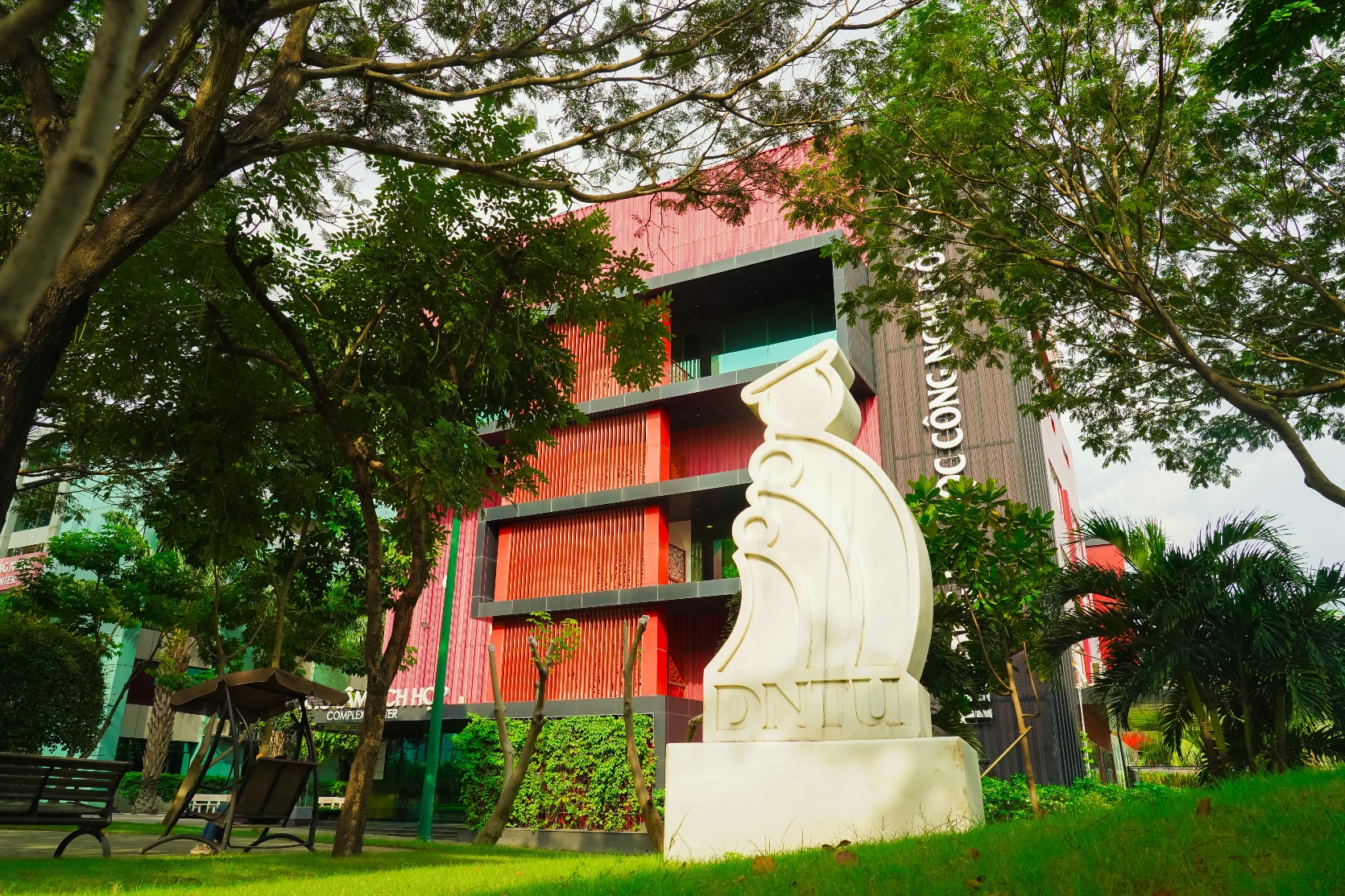
Core Values
This value emphasizes commitment and dedication to the organization, community, and shared goals. Loyalty is reflected not only in the relationships among members of the university but also in the respect and adherence to the principles and values set by Dong Nai Technology University. It also embodies a love for the profession, devotion to work, and the connection of each individual to the university’s development.
Responsibility reflects proactive commitment in work, study, and other activities. Every individual in the DNTU community is clearly aware of their duties and roles, not only for themselves but also for the collective and society. Responsibility includes completing tasks diligently, adhering to regulations, and contributing to the overall development of the university and the community.
Creativity drives innovation and encourages the development of thinking, exploration, and the application of new ideas and methods in teaching, research, and other activities. DNTU fosters creativity in both lecturers and students to not only meet current demands but also aim for sustainable development and address future challenges.
Educational Philosophy
This philosophy highlights specialization in teaching and research. At DNTU, professionalism is demonstrated not only through the teaching quality of the faculty but also in the development of training programs, teaching methods, and scientific research activities. Every action, from learning to management, is carried out scientifically, systematically, and efficiently, aiming for optimal results for students and the community.
Dedication is the university’s commitment to the comprehensive development of students. Education at DNTU focuses not only on specialized knowledge but also on character building, life values, and soft skills. Every lecturer and staff member is devoted and responsible in guiding, supporting, and accompanying students throughout their learning, research, and career development journey.
This philosophy reflects DNTU’s goal of development not only on a national scale but also toward international integration. The university emphasizes building an international learning environment, encouraging students and lecturers to participate in exchange programs, international collaborations, and global research. Integration helps students access advanced knowledge, develop skills for working in a global environment, and prepare for the challenges and opportunities of the 21st century.